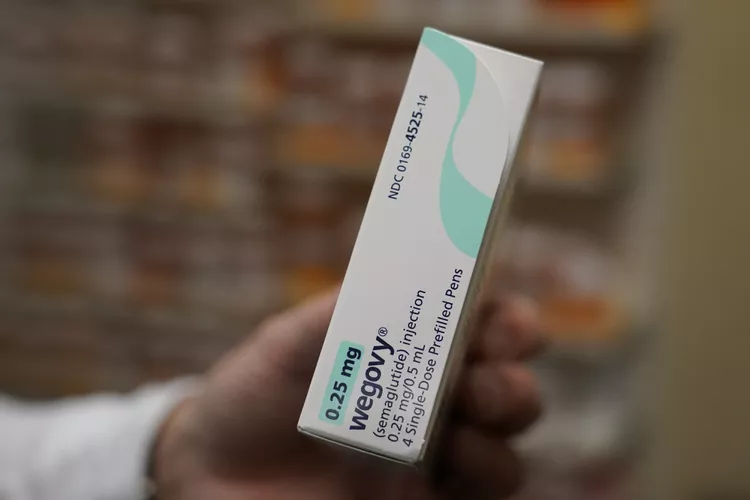It’s important to note that a significant portion of Medicaid beneficiaries, approximately two-thirds, are either obese or overweight. However, it’s not a given that individuals enrolled in this government-funded low-income insurance program have easy access to new weight management medications.

According to a report released in the fall of 2023 by the health research firm KFF, only 16 states have included glucagon-like peptide (GLP-1) receptor agonists, a newer class of injectable medications used for both diabetes and weight loss, on their covered drug lists. The focus of the report was on Medicaid prescriptions for Ozempic, Rybelsus, Wegovy, and Manjaro. Among these medications, only Wegovy is officially approved by the FDA for weight loss, while the others are type 2 diabetes medications used “off-label” to assist in weight loss.
The report also points out that based on publicly available Medicaid data, it’s challenging to determine to what extent the increased utilization of these drugs is linked to treatment for diabetes as opposed to obesity, or a combination of both.
While Medicaid is mandated to cover any FDA-approved drug, there are exceptions for coverage of drugs for weight management, cosmetic needs, and cough and cold medicines.
Liz Williams, a senior policy analyst for the Program on Medicaid and the Uninsured at KFF, has highlighted that state Medicaid programs are not required to cover the injectable drugs.
Medicare coverage rules are more stringent, as they outright forbid the coverage of drugs for obesity or weight loss. However, there is optimism that during the current state legislative session, more states will introduce Medicaid coverage for anti-obesity medications.
Even in states where coverage exists, Medicaid beneficiaries may encounter obstacles when trying to obtain prescriptions for anti-obesity medications. For instance, in Virginia, individuals seeking GLP-1 medications for chronic weight management must obtain a letter from their doctor indicating that their weight poses a disabling and life-threatening risk.
In Michigan, Medicare authorization is contingent on a physician’s letter stating that the drug is part of a comprehensive treatment plan for weight management, including diet and exercise.
It may take time before all state Medicaid programs provide coverage for drugs specifically tailored for weight loss. Nevertheless, if a GLP-1 is approved for another indication, Medicaid would be obligated to cover it for that use in all states—and weight loss could be considered an additional benefit.
Manufacturers of GLP-1 are exploring other potential uses for these drugs, including the treatment of sleep apnoea and addiction. If the FDA approves these indications, Medicaid will cover them.
This information holds significant value for those seeking a comprehensive understanding of Medicaid coverage concerning weight management medications.
